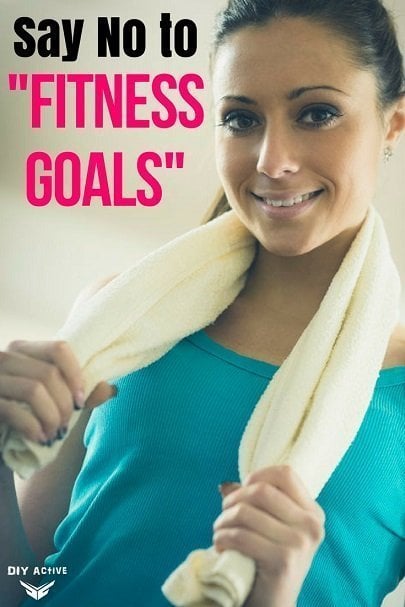
How “Fitness Goals” Can Be Bad
Generally speaking, everybody knows what goals are. A goal is something you wish to achieve, or, according to Merriam-Webster, a goal is “the end toward which effort is directed.” You might think that it would be as simple as that. After all, we should trust such a renowned source like Merriam-Webster, shouldn’t we? Alas, social media and internet culture have created whole new meanings to words that we might not have ever considered before.
Sometimes fitness goals don’t work
With that said, what do “goals” mean? An article on Elle got into it and tore the subject apart. In social media and internet culture, “goals” are, essentially…
A self-deprecating way of pointing out unrealistic things you’d love to be able to have in your life.

The word is usually paired with a hashtag and some prefix word to describe it, such as relationship, life, squad, bae, or friendship.
One genre of “goals” that has been getting a lot of attention lately is “fitness goals.” These “goals” usually consist of tagging friends in professional photos of fit and healthy models who have been touched up and tucked into perfection. It is clearly problematic to use these as (un)realistic standards.
With that said, there are also plenty of “fitness goals” depicting real women doing real workouts, untouched. However, even these “goals” aren’t good to glorify.
The Unrealistic
First, let’s talk about the unrealistic images of women who have gotten cosmetic surgery.
Cosmetic surgery, in its many forms, has become incredibly popular in recent years, and there’s nothing wrong with that. Women (and men) have every right to aesthetically affect their bodies if they have the opportunity and ability to.
Although procedures have become more popular in recent years, they’ve generally been around for much longer. Cosmos Clinic Gold Coast, experts in the Botox field, talk about how anti-wrinkle injections have been used safely for over twenty years.
While cosmetic surgery is nothing to hate on, it’s still unhealthy to glorify images of these women as realistic fitness and body standards. In many cases, it would be almost impossible for you to get the bodies of these women without getting cosmetic surgery yourself. By worshiping these images as “fitness goals,” you’re only putting yourself down. Appreciate their beauty, but be realistic with what your body can accomplish.
However, even realistic women who have gotten and stayed in shape without cosmetic surgery should still not be glorified and worshipped as “fitness goals,” and here’s why. Every woman’s body is her own and should not be compared to any other. You could eat the same food and do the same workout routine as another woman and still not achieve the same body shape as her. By putting other women’s bodies on pedestals as your “fitness goals,” you are ultimately setting yourself up for disappointment.
Wrap-Up
In the end, we need to stop putting ourselves down. Stop comparing yourself to others and start loving your own body. Our bodies can be inspirational, but be realistic. Know your own body and its limits. Be your own “fitness goals.”
One thing “fitness goals” have done well, however, is increase the number of compliments we give other women. With that said, you shouldn’t praise someone else by putting yourself down in the process. Instead of telling a woman, she is “fitness goals,” try just telling her she’s beautiful. Compliment the amount of work she must have put into her body. Then, once you’re done, look and the mirror and tell yourself the same thing.
Remember that we are all human and we deserve a compliment just as much as anyone.
Let’s be our own “fitness goals”.



